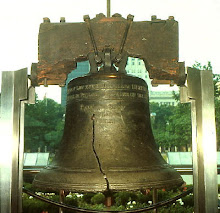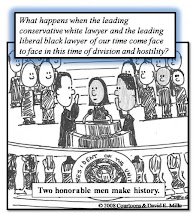
Lawyers for five agents of the Cuban government who were convicted on charges relating to their infiltration of anti-Castro groups in Florida in 2000 filed an appeal at the Supreme Court today. They claim that the trial judge's refusal to grant a change of venue from Miami to Ft. Lauderdale subjected the defendants to an unfairly hostile climate and jury pool in Miami, with its large anti-Castro population.
If the Court grants review, the justices could take their first look in decades at the standard that should be used in deciding when to change venue in criminal trials. With heightened media scrutiny that makes local news national almost instantly, the issue is timely, according to statement by some judges in the case below. In the case of the Cuban defendants, the U.S. Court of Appeals for the 11th Circuit used a stringent test of whether it would be "virtually impossible" for defendants to get a fair trial, and based on that test said a change of venue was not needed.
Among the lawyers filing the petition today are Thomas Goldstein, co-head of appellate practice at Akin Gump Strauss Hauer & Feld in D.C., and the legendary Leonard Weinglass, who, along with William Kunstler, defended the Chicago 7, dissidents accused of conspiracy to riot during the 1968 Democratic convention. The case of the Cuban 5 has gotten "tremendous international attention" from human rights groups that criticize the fairness of the trial because of local hostility in Miami to the Cuban government. The defendants are serving prison terms ranging from 15 years to life.
The Cuban Five trial was the only judicial proceeding in U.S. history condemned by the U.N. Human Rights Commission. Eight Nobel Prize winners have also petitioned the U.S. attorney general, calling for freedom for the five.
I've been interested in this case because of the seeming imbalance between very harsh penalties imposed on these individuals -- and the absence of accountability for Luis Posada Carilles, a known Cuban-American militant who allegedly helped blow up a civilian aircraft in the 1970s. Weinglass is a fascinating personality and internationally famed civil rights attorney -- and the contours of this case are interesting and relevant to the future of US-Cuba relations.
See a related article:
































No comments:
Post a Comment